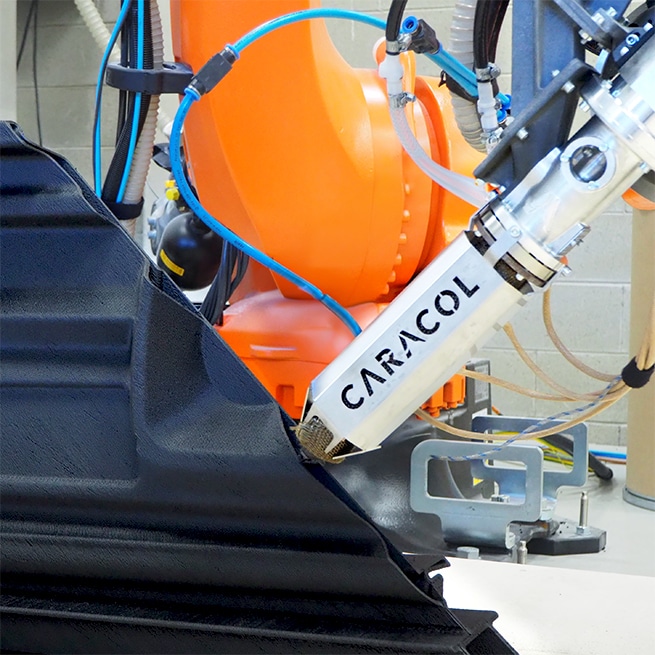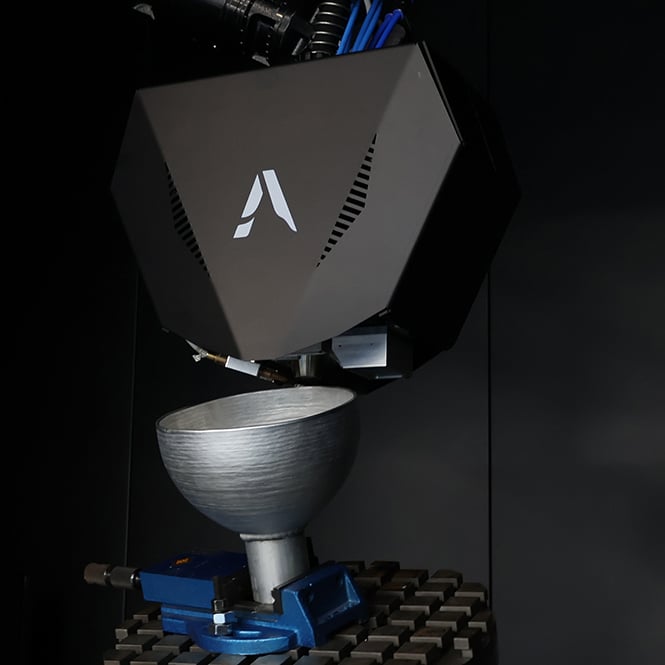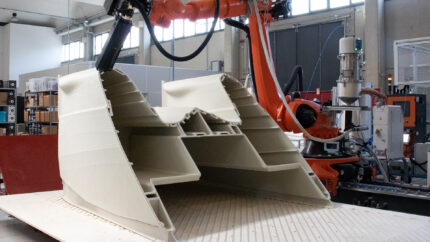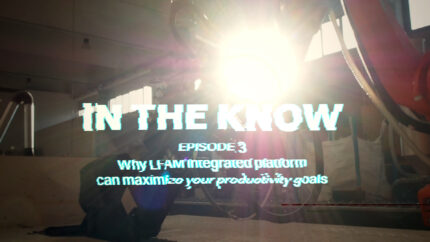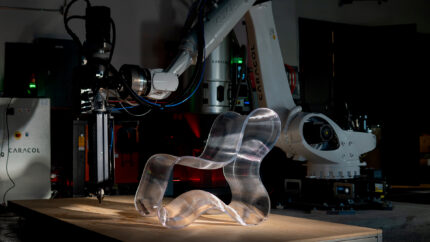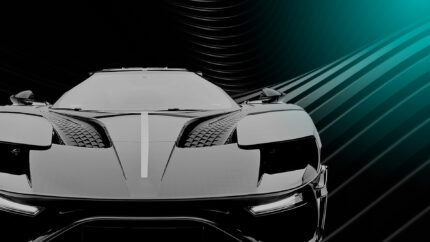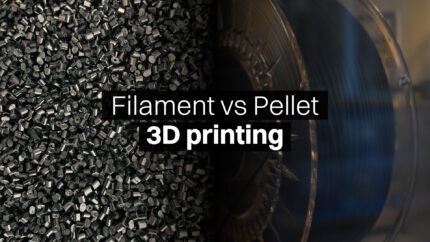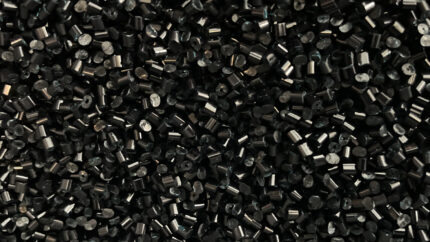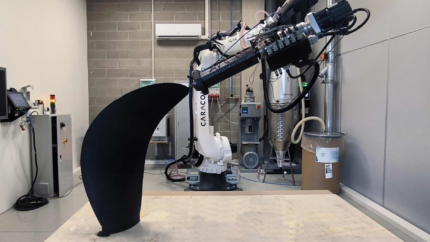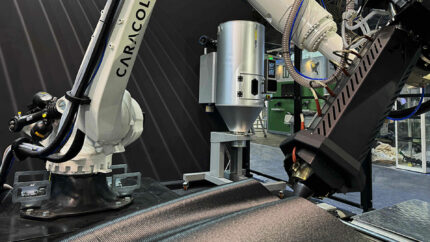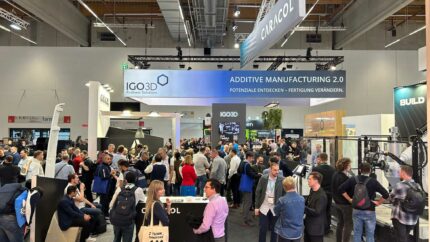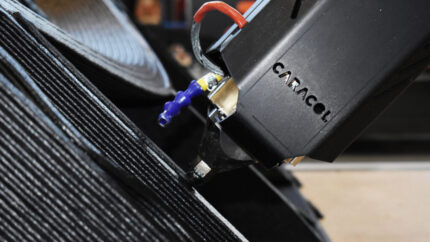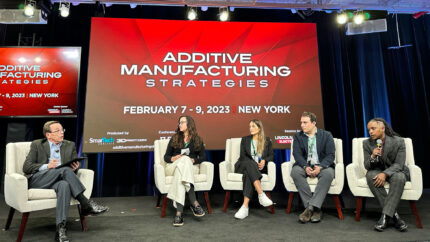
In the dynamic landscape of automotive manufacturing, innovation has focused mostly on delivering greater efficiency, automation, sustainability, and flexibility. One such innovation that is contributing to this transformation is Large Format Additive Manufacturing (LFAM), a cutting-edge technology that promises to reshape how vehicles are prototyped, manufactured, and even customized. Let’s delve into the advantages and primary applications of LFAM within the automotive industry.
THE ADVANTAGES OF LFAM IN AUTOMOTIVE MANUFACTURING
Scale and Size Capability: LFAM enables the creation of large-scale automotive components that were previously challenging to produce using traditional methods. This technology can 3D print large monolithic parts with complex geometries, eliminating the need for assembly of several parts, reducing manual operations and lead time, as well as part performance reducing potential weak points.
Speed and Efficiency: LFAM significantly accelerates the production cycle and overall project lead times. By directly translating digital designs into physical parts, manufacturers can rapidly iterate prototypes and produce final parts in a matter of hours, compared to weeks in conventional manufacturing.
Cost-Effectiveness: While the initial investment in LFAM technology can be substantial, the overall cost benefits emerge over time. Reduced material waste, minimal tooling requirements, and streamlined production workflows contribute to lower operational costs in the long run.
Design Flexibility and Complexity: LFAM, and in particular robotic LFAM, allows for intricate geometries and designs that are otherwise difficult or impossible to produce with traditional methods. This flexibility empowers automotive engineers to optimize parts for strength, weight reduction, and performance, also cutting material used and waste.
Material Variety: LFAM can deliver parts manufactured in a wide range of materials suitable for automotive, including: high-performance polymers, composites, and even certain metals. This versatility enables the production of both functional mockups, tools, jigs, fixtures, as well as end-use parts.
MAIN APPLICATIONS OF LFAM IN THE AUTOMOTIVE INDUSTRY
Prototyping and Tooling: LFAM expedites the prototyping phase, allowing engineers to quickly test and refine automotive designs before committing to costly tooling. Additionally, LFAM produces durable, customized composite tooling (e.g., jigs, fixtures, autoclave cure tools, molds) that enhance manufacturing efficiency.
Customized Components: Automotive manufacturers are increasingly leveraging LFAM to produce bespoke and low-volume parts tailored to customer preferences. This personalization extends beyond aesthetics to functional components, such as lightweight brackets and interior trim.
Exterior and Interior Finished Parts: LFAM is employed in manufacturing large and precise body parts and custom components like body panels, bumpers and fenders, and custom car interiors. By leveraging lightweight materials and optimized designs, automakers can achieve extreme customization, superior strength-to-weight ratios, enhancing vehicle performance and fuel efficiency.
Spare Parts Production: LFAM enables on-demand production of legacy or discontinued automotive parts. This capability reduces inventory costs associated with maintaining a vast stockpile of spare parts and ensures timely availability for customers.
Innovative Vehicle Concepts: LFAM opens avenues for revolutionary vehicle designs, including electric and autonomous vehicles. Its ability to fabricate complex shapes and integrate functional features directly into components facilitates the realization of next-generation automotive concepts.
Large Format Additive Manufacturing represents a paradigm shift in automotive manufacturing, offering unmatched design freedom, production agility, and material versatility. As automakers strive for sustainable practices and accelerated innovation cycles, LFAM emerges as a transformative technology poised to shape the future of mobility.
By harnessing the full potential of LFAM, automotive manufacturers can expedite time-to-market, reduce costs, and unlock unprecedented opportunities for vehicle design and performance. Caracol’s robotic LFAM platforms Heron AM are used to realize automotive composites applications including autoclave tools, functional and aesthetic mock-ups, car’s prototypes, and customized finished parts.
